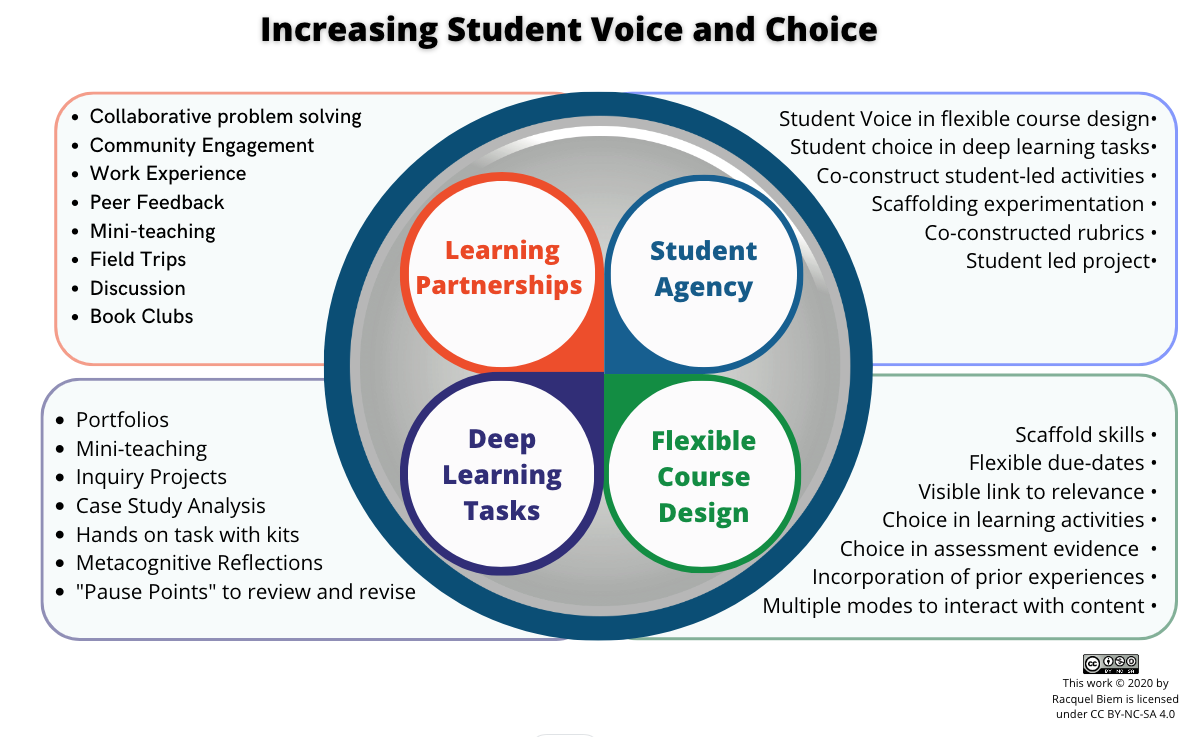Do We Give Them Fish, Teach Them to Bait a Hook, or Teach Them Ways of Deciding When, Where, and How to Fish?
By Carolyn Hoessler
Reading articles and books is a regular part of my academic life, however I haven’t been reading them forever so at some point I must have learned how. The strategies such as skimming, selecting specific sections, quick annotation, and others improve my effectiveness. But it is not these skills alone, rather it is my ability to decide whether to skim or read in depth, to choose which paragraph to read next, and to identify what information to annotate. In short, my ability to think about how I’m thinking matters, not the mindless enactment of routinized skills.

When our students learn strategies, it can be frustrating to watch them apply them randomly or to every text or problem they encounter. They have, in essence, learned to bait a hook and perhaps even how to vary the bait, but they still need to learn how to deliberately select the appropriate bait by identifying the conditions for themselves including which fish are in these waters and what do they like to eat.
Some instructors teach content (definitions, formulas, procedures), some teach strategies (mnemonics, essay writing tips, practice questions), and some teach ways of knowing and how to think about thinking.
Teaching thinking about thinking (also called metacognition)
When would I complete practice questions and when would I create a verbal reminder about the components of formulas? The answers to these questions depend on whether or not we will have to select a test (or molecule) as opposed to being told which one to apply during the course and in future careers.
Example strategies: modeling thinking during presentations of content, assignment wrappers that have students select and assess their strategies, and student discussions of when and why they use specific strategies.
Resources:
Teaching ways of thinking and knowing
Ways of thinking and knowing vary across disciplines and are considered the fundamental qualities that distinguishes experts of one discipline for experts of another discipline and from novices, including threshold concepts. For example, how do experts view chemicals, their molecular configuration and their resulting properties.
Resources:
- Reducing Confusion And Improving Teaching Through Reflection On Our Disciplines blog post
- Threshold Concepts – ‘One resource to rule them all’
- John Thompson’s (Department of Sociology) Writing a “Live” Essay in Class (PDF)
So faced with a course full of students consider, what are you really hoping they will learn? – to eat fish, to bait their own hooks, or move towards becoming fisherman selecting their own bait, rod and stream.

